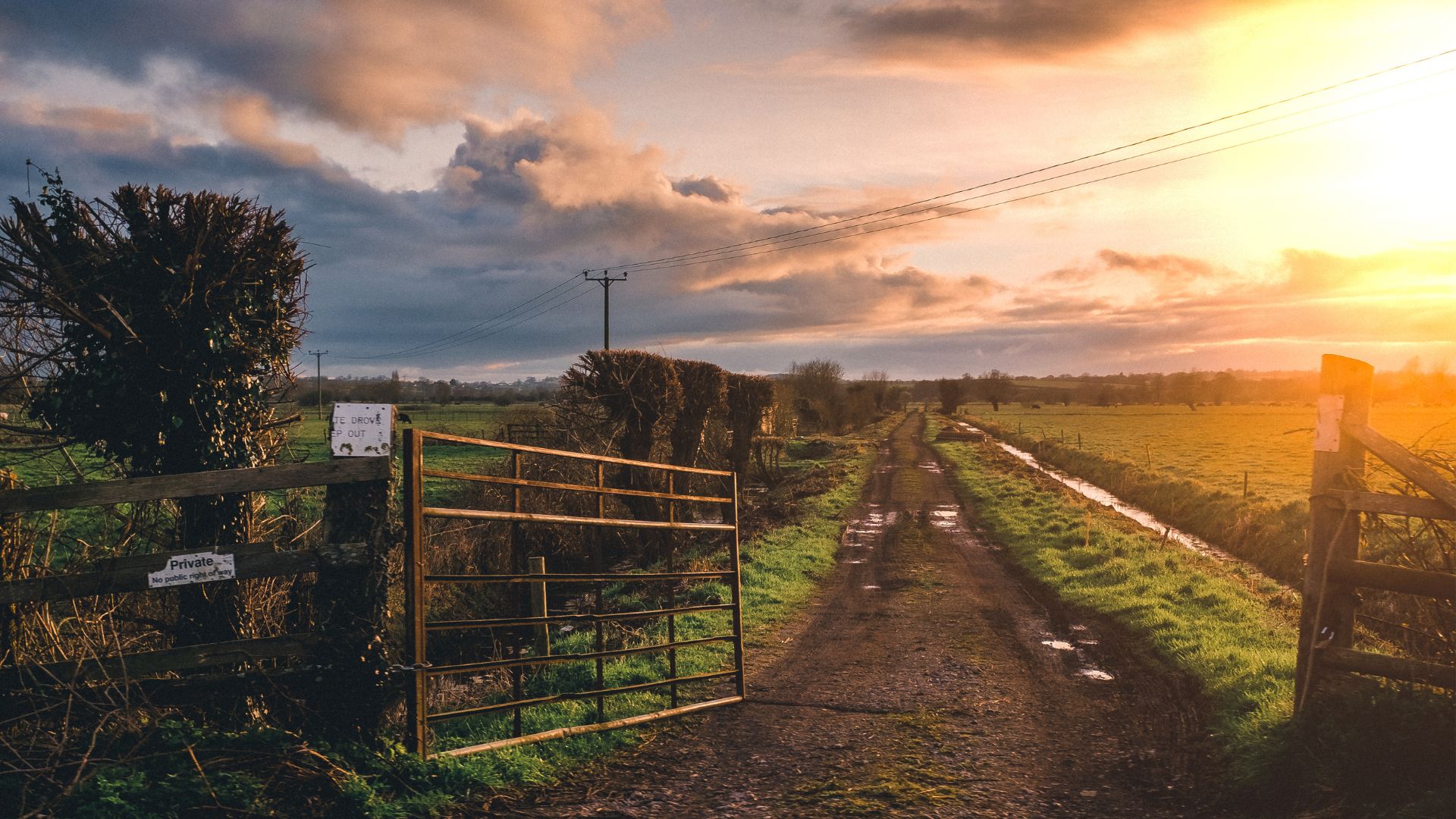Devastating scenes of flash floods and raging wildfires across Europe this summer are a shocking reminder of the fragility of our food systems, with our own shores coming under increasing threat by extreme changes in the weather.
Many climate activists would have us believe that farmers, primarily those rearing livestock, are obstacles in the way of climate change mitigation, yet our farmers are strongly placed to deliver a number of green solutions and are in fact one of our best hopes in helping us weather the storm that is to come.
With agriculture responsible for 10% of UK greenhouse gas emissions, farmers are taking substantive steps to address their carbon footprint, as well as making space for nature restoration. They are planting hedgerows and woodlands, restoring wetlands and peatlands, sowing wildlife corridors, managing watercourses and improving their soil health. All while navigating high input costs and striving to provide healthy, affordable food for consumers.
So why are farmers sometimes seen as the climate villain?
After the Second World War, farmers were incentivised by the government to increase production to strengthen national food security. This led to hedges being removed from our countryside, as fields got larger to grow more crops, livestock numbers increased, and our soils soon became over stocked and over cultivated.
These actions, hailed heroic at the time, are now the subject of much criticism as farmers fall under the climate lens and are being asked once again to respond to a crisis and adapt their practices.





